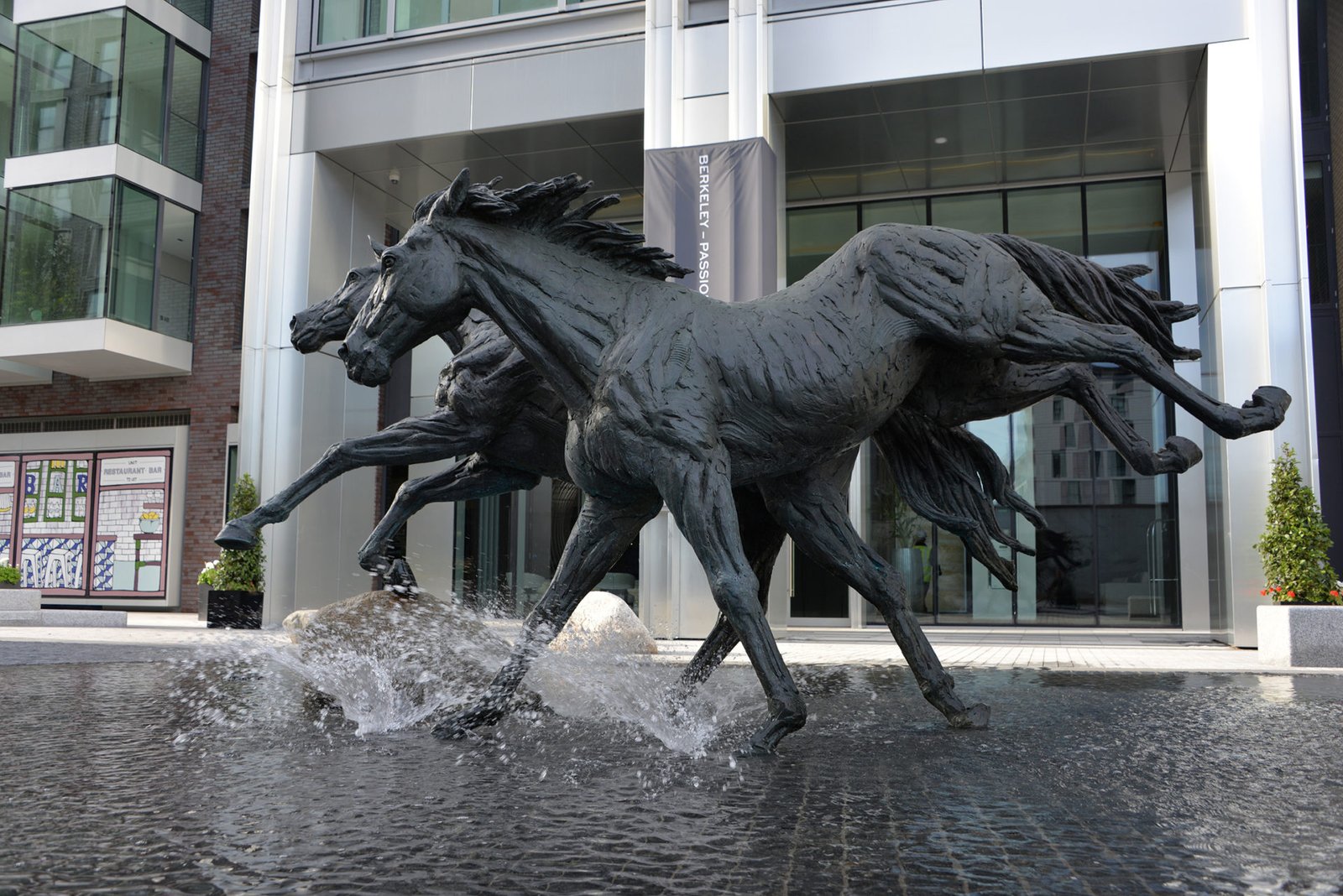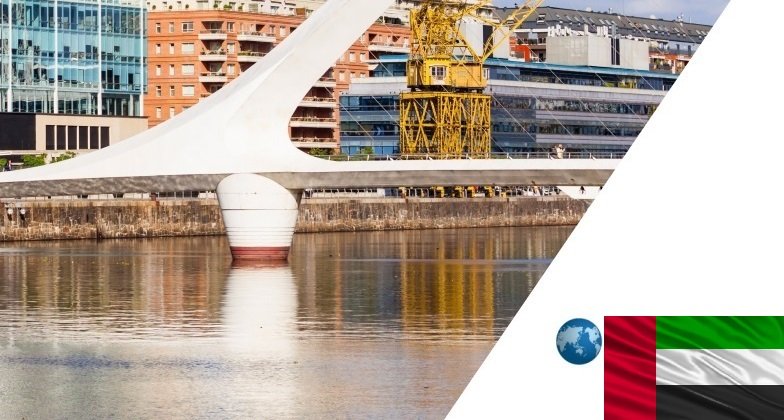BLOG
AKM : objective Strengthen the transport system
Now, private companies carry out most of the road works in Ghana. This situation has favored the development of the national construction and consulting industry.
But public agencies in the road sector have not fully exploited the benefits of contracting; their institutional weaknesses affect market management and hamper the reduction of the costs of market negotiation and supervision. One of these weaknesses is the structure of salaries, incentives and compensation systems which are not sufficient to attract and retain the qualified staff needed to build institutional capacity in market management. Many well-trained engineers and skilled personnel leave the public sector for private industry, creating an imbalance between the capabilities of private companies and agencies.
In addition, road sector agencies need to put in place institutional mechanisms to allow ongoing programs to be adapted to circumstances and to resolve disputes.
Correcting these weaknesses requires a
fundamental reorganization of the institutional framework in which the agencies operate. Road agencies need to be transformed into corporations capable of setting up incentive systems similar to those in the private sector and, therefore, of attracting and retaining qualified personnel. Legislation giving them an autonomous status is not enough.
Procurement procedures need to be strengthened; institutional mechanisms must be created to ensure the transparency and efficiency of operations; Finally, a system
arbitration should be established for the solution of disputes between the government and the private sector.

OUTLOOK AND FUTURE
OUTLOOK AND FUTURE
The Banks have made a substantial contribution to improving the transport sector in the Wolrd. But four challenges must now be met: market management, decentralization, the Road Fund and the failure of the first two projects in accomplishment of their railway objectives. Rail transport In retrospect, it appears that an independent railway project would have been more successful in drawing attention to the problems of Ghana's railways, which even today are in very poor condition and operate within an inadequate institutional framework. Although both projects have financed the rehabilitation of certain tracks, rolling stock and equipment, their impact on the situation and performance of the railway network has been negligible. Unlike the road programme, the railway component was not based on a broad strategic program for a fundamental improvement of the physical condition and institutional structure of the railway. Experience from the railway sector shows that network improvement is more successful when the railway operates in a favorable institutional environment based on a system appropriate incentives. Any future plans to strengthen the management and organization of the subsector will need to be accompanied—or preceded—by reforms to the incentive system and institutional structures governing railway operations.


